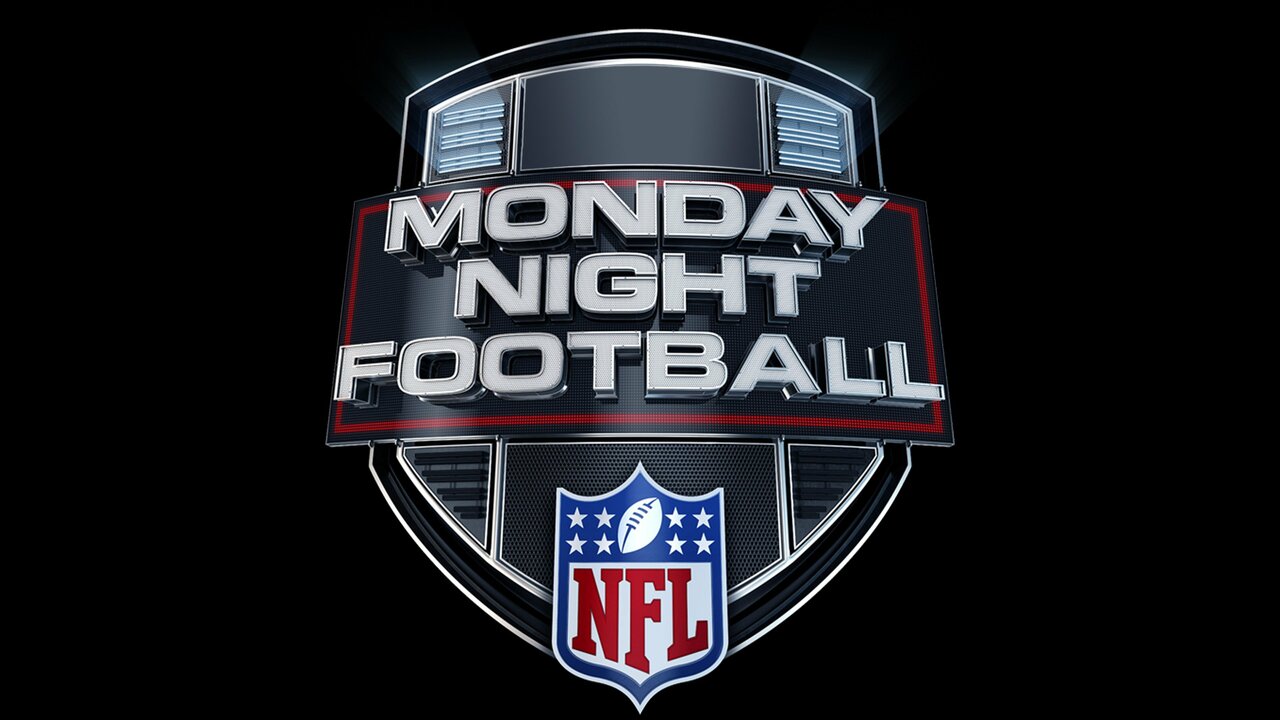Monday Night Football has become more than just a televised football game; it’s a cultural phenomenon that lights up screens and living rooms across America every week during the NFL season.
History and Evolution
Monday Night Football first kicked off on September 21, 1970, when the Cleveland Browns faced the New York Jets in a groundbreaking broadcast on ABC. The concept was revolutionary for its time, aiming to bring prime-time sports into households when audiences were typically tuning into entertainment shows and the idea was spearheaded by ABC executive Roone Arledge, who envisioned a spectacle that combined the drama of sports with the allure of television entertainment.
Impact on Pop Culture
As the weeks rolled by, Monday Night Football grew in popularity, weaving its way into the fabric of American pop culture. The broadcast wasn’t just about the game itself; it was about the spectacle surrounding it—the lights, the commentary, and the halftime shows that featured performances from renowned artists. This unique blend of sports and entertainment helped to transcend its status as a mere football game to become a must-watch event for fans and casual viewers alike.
Memorable Moments
Over the decades, Monday Night Football has witnessed some of the most memorable moments in NFL history. From iconic plays that turned the tide of games to legendary performances by Hall of Fame players, each Monday night brought something unique to the table. Who can forget Joe Namath guaranteeing a win for the Jets in Super Bowl III? Or the intense rivalry games that seemed always to deliver nail-biting finishes?
Broadcasting Innovations
Beyond the game itself, Monday Night Football has been at the forefront of broadcasting innovations. From the introduction of the Skycam to innovative camera angles and enhanced audio, each technological leap has aimed to bring viewers closer to the action on the field. These innovations enhanced the viewing experience and set new standards for how sports are broadcast worldwide.
Cultural Significance
Monday Night Football also holds cultural significance beyond the realm of sports and it has influenced how people schedule their weeknights, often becoming a focal point for social gatherings and family traditions and for many, Monday nights are synonymous with football—gatherings with friends, enjoying snacks and engaging in lively debates about team strategies and player performances.
The Modern Era
In today’s digital age, Monday Night Football continues to captivate audiences across various platforms and with the advent of streaming services and social media, fans can now engage with the game in real time, sharing reactions and highlights instantly and this connectivity has further cemented as a shared experience that brings people together, transcending geographical boundaries and time zones.
Looking Ahead
As Monday Night Football moves forward, it continues to evolve with the times while staying true to its roots and the NFL’s partnership with ESPN ensures that the broadcast remains a staple of sports entertainment, promising viewers more thrilling games, insightful commentary, and unforgettable moments in the years to come.
Conclusion
In conclusion, it is more than just a weekly NFL matchup; it’s a cultural institution that has left an indelible mark on the world of sports and entertainment and from its humble beginnings to its current status as a cornerstone of American television, Monday Night Football continues to unite fans, spark conversations, and create lasting memories week after week. So, the next time Monday night rolls around, grab your snacks, settle into your favourite spot, and join millions of viewers in experiencing the excitement of Monday Night Football.






